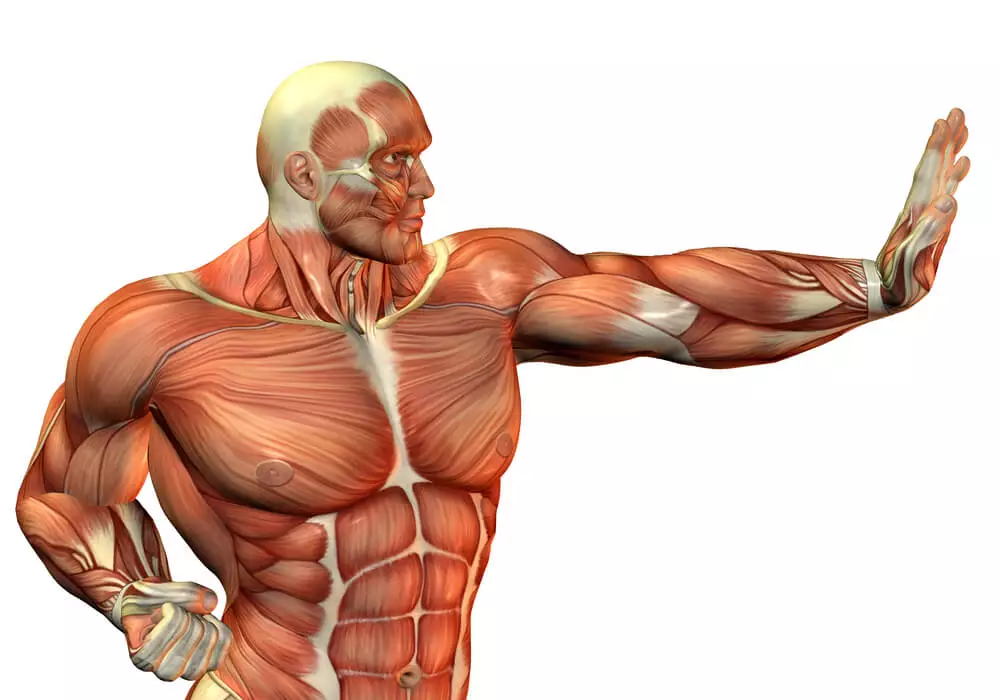Psychosomatic Disorders caused by psychological stress were originally called “Psychosomatic Disorders”, connecting mind and body to express their mutual influence. But this term may be mistaken for the patient’s suffering is “imagined”, but this is not the case: people with physical and psychological diseases do indeed have substantial pain, not in their mind.
Psychosomatic Disorders
Studies have shown that some thoughts were purely physiological diseases, but they came directly from long-term and severe life pressures. The more common Psychosomatic Disorders Diseases are as follows:
- Gastrointestinal reactions: such as peptic ulcer, ulcerative colitis, and psychogenic diarrhea.
- Respiratory reactions: including asthma, bronchospasm, and hyperventilation.
- Skeletal muscle reactions: including back pain, cramps, and molars.
- Skin reactions: including urticaria, itching, and excessive sweating.
- Cardiovascular reactions: including migraine, High Blood Pressure, and fast heartbeat.
- Immune response: including rheumatoid arthritis, chronic active hepatitis, etc.
In general, there are three prerequisites for the occurrence of physical and psychological diseases:
- Sustained stress for a long time and Caused Emotional Stress.
- Unable to deal with stress caused long-term emotional excitement.
- Vulnerability of organs, some people’s organs may be affected by previous injuries or diseases, genetics, learning, and personality types, which makes them vulnerable to high pressure.
Now select the two most common psychophysiological diseases to discuss:
Headache
headache physiological reasons are many, but most of the headache and emotional stress, anxiety, depression-related. The incidence of women is higher than that of men. There are two types of stress-related headaches:
- Tension headache: It is a headache caused by the contraction of the muscles around the head, which causes the blood vessels of the head to contract. The patient felt pain like strangling her head.
- Migraine: It is a severe headache. It usually feels beating or puncturing on the side of the head; it can last for hours or days, often accompanied by nausea and vomiting.
The cause of migraines is the imbalance of chemicals in the brain, and the causes of migraines include hormonal changes, allergies, certain foods, and strong light. However, the most common cause is psychological stress. According to a study, 70% of patients reported that headaches occurred during a period of relaxation after severe psychological stress.
Hypertension When
People are stressed, Blood Pressure will rise, but when the Pressure Disappears, Blood Pressure will return to normal. But if you continue to be under Pressure, your blood pressure may remain high. Although Kidney Disease or eating habits may also cause High Blood Pressure, emotional stress is the main cause in 90% of cases.
The body’s response to stress
- An employee of a large company was promoted not long ago, but recently began to experience chest pain; a few weeks later, her mood collapsed.
- When a student is facing an important exam, he suddenly forgets what he only read yesterday, and his mind is blank.
- A firefighter at an airport has struggled to fall asleep lately, often feels anxious, and is sometimes affected by a strong sense of guilt, constantly remembering that many people were killed in the air crash.
- An elderly man had no obvious symptoms when he was hospitalized, but died four days later.
What do these people have in common? Their situation is a reaction to stress. No matter where the pressure comes from, in order to cope with them, everyone pays a considerable price.
There are two major types of people’s reactions to stress: physical and psychological. There is an interactive relationship between physiological and psychological events: psychological stress can cause physiological consequences.
Physiological events can also cause psychological consequences. For example, the cold may not be caused by fatigue, but by our depressed or depressed mood that makes the body’s resistance weak. Similarly, the cause of our depression may be due to physical fatigue.
General indications
This is a series of physical reactions to physical and psychological stress.
- Vigilance: This is the first step in the general indications. It activates the body’s defense system (such as increased heart rate, increased breathing, increased blood pressure, increased muscle blood flow, and slowed digestive system operation) to cope with stress. But long-term psychological stress can cause a great load on the body, which may cause serious illness and even death.
- Resistance: If the pressure persists, our second stage reaction is resistance. At this time, the individual tries to use the physical and psychological resources (such as physical strength, spirit, and will) to fight the continuous pressure. However, if the physical and mental resources are placed on the current pressure, the ability to cope with other pressures will be relatively reduced. In particular, psychological stress can interfere with the Immune System and make people susceptible to diseases such as arthritis, cancer, colds, and stomach problems. Studies have shown that reducing stress can increase the immune system’s resistance to disease.
- Exhaustion: This is the last stage: due to the continued stress, the body uses extreme methods to face it, namely exhaustion. At this time, unless the pressure is stopped, it may cause permanent injury.







